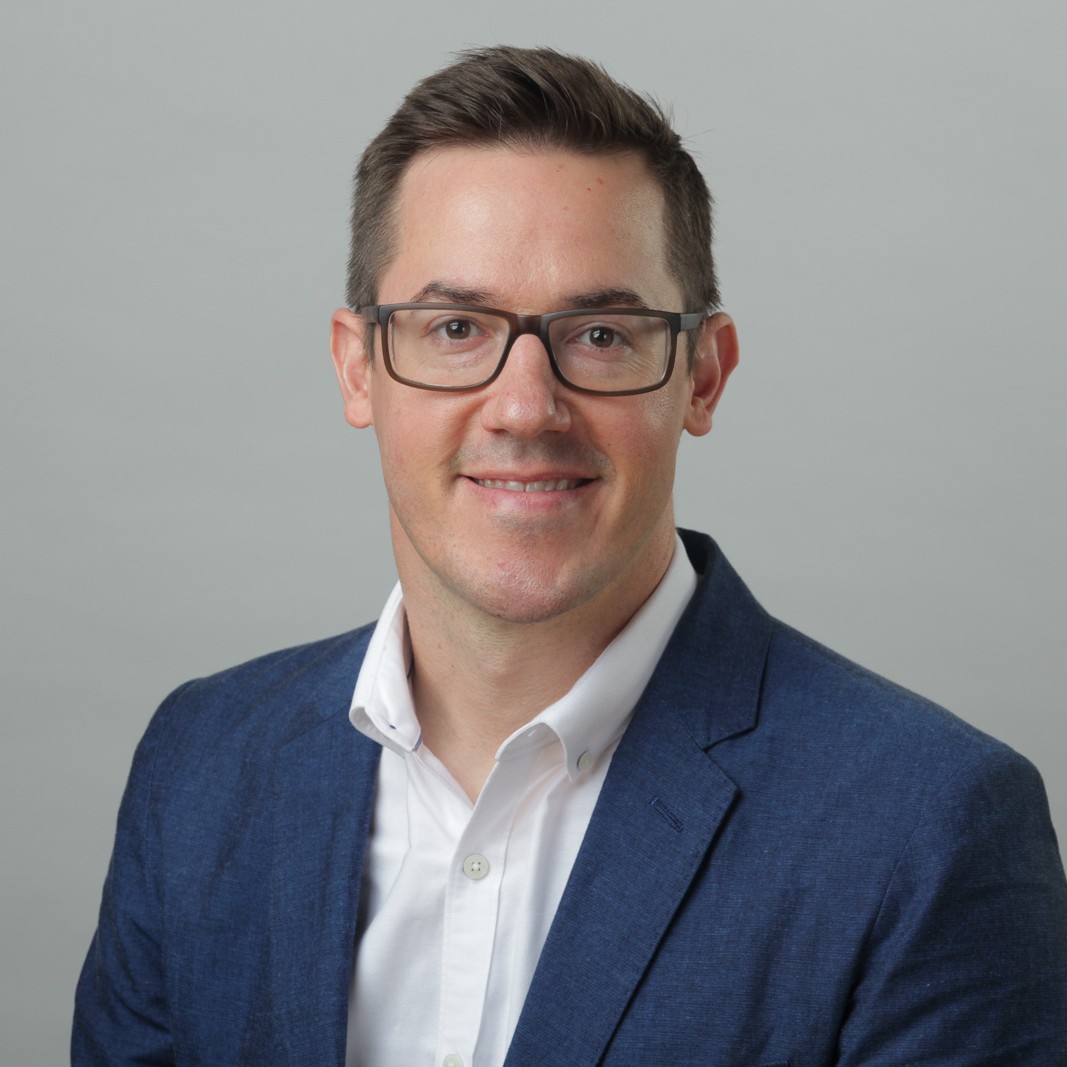Ian McCarthy (BBA '04)

Can you describe your current role and the path that led you there?
I am currently an Associate Professor of Economics at Emory University, a Research Associate at the National Bureau of Economic Research, and the Director of Graduate Studies for our Economics PhD Program. Recently, I also served as a research fellow with the Congressional Budget Office. After graduating with my BBA in Economics from UNT in 2004, I attended graduate school at Indiana University, and I completed my PhD in Economics in 2008. Not fully understanding what an academic career would look like, I did not initially consider an academic job and instead moved back to Dallas for a consulting job with FTI Consulting. A couple of years later I moved to a more research-oriented position with the Baylor Health Care System, eventually transitioning again in 2014 to a fully academic environment at Emory University.
How did your degree from UNT Economics contribute to your career development?
While my path to Emory has been nontraditional, the one constant has been a strong curiosity about economics and its presence in our lives — how do people make decisions with limited or sometimes incorrect information, how do businesses respond to changing policies affecting their market, etc. This curiosity is a direct reflection of the education I received at UNT. As a first-generation college student, I had no prior understanding of or exposure to economics entering college. My professors saw something in me, encouraged me to keep working and thinking, and ultimately encouraged me to consider graduate school. I'm confident that I would not be where I am today without having gone to UNT.
What did you most enjoy about your time studying economics at UNT?
I feel like I should emphasize about the culture and positive environment of the department, but honestly the first things that come to mind are four classes: Intro to Micro with Kari Battaglia, Intermediate Micro with Jeff Rous, and Statistics/Econometrics with Michael McPherson and later Margie Tieslau. I still have Prof. Tieslau's econometrics notes! And I tell my students today about the old days where I was made to estimate OLS regressions "by hand" in Prof. McPherson's class.
Do you have any advice for someone considering an Economics degree at UNT? What advice would you give to current and prospective students who are considering a similar career path?
I think my best general advice is two-fold. First, Economics captures some of the most important tools for effective and informative empirical analysis, combining data analysis with a theoretical foundation that allows you to actually understand and interpret your results. If you are at all interested in working with data to help make decisions, Economics should be at the top of your list of possible majors. Second, challenge yourself to take more data-intensive courses, even if your friends and classmates claim that those classes are hard or that the professors are too difficult. Everyone's experience is a little different, and if you're interested in the topic, classes are inherenly easier.
For those interested in pursuing graduate study and potentially a research-oriented job in Economics, my best advice is to take lots of math and to try to get as much research experience as possible either in your final year of undegrad or as part of a pre-doc or masters program. Competition for PhD programs is stiff, and the way to stand out is to: 1) show that you're likely to succeed in first-year coursework (that's where all the math comes in); and 2) show that you can succeed woth the independent research elements of a dissertation (that's where the research experience comes in). Also, be sure to research the schools you might attend and look for faculty that work in your areas of interest. If you are really interested in development economics or health economics, but no one in that department really works in those areas, then you might consider not applying to that program.